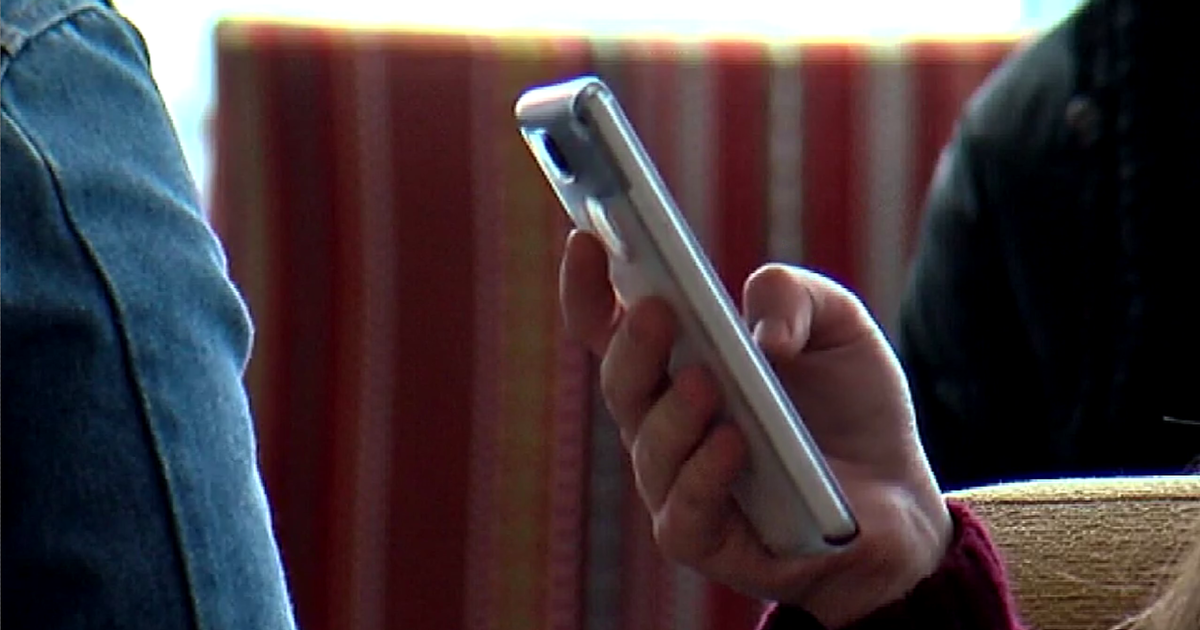Most Carry-On Electronics Banned On Non-Stop Flights From 8 Countries
CHICAGO (CBS) -- The federal government has banned passengers on non-stop flights to the U.S. from eight Middle Eastern and North African nations from bringing any electronics larger than a cell phone in their carry-on luggage.
Travelers instead will have to pack those devices in their checked luggage. Devices that must be checked include cameras, iPads, e-readers, portable DVD players, electronic gaming devices, tablets, laptops, and travel-size printers and scanners. Medical devices and cell phones are excluded.
The ban went into effect Tuesday, but carriers have until Friday to begin enforcing it. If any airlines do not comply with the ban, the Federal Aviation Administration could revoke their authorization to fly to the U.S.
"Evaluated intelligence indicates that terrorist groups continue to target commercial aviation and are aggressively pursuing innovative methods to undertake their attacks, to include smuggling explosive devices in various consumer items," a senior administration official said.
Sources told CBS News the ban is not based on any specific threat.
"They have good reason to believe that the possibility; not the probability, but the possibility exists of a potential terrorist threat," former National Transportation Safety Board Chairman Mark Rosenker said.
The measure affects flights originating from ten airports in Jordan, Egypt, Turkey, Saudi Arabia, Morocco, the United Arab Emirates, Qatar, and Kuwait. The ban affects nine foreign airlines -- Royal Jordanian, Egypt Air, Turkish Airline, Saudi Arabian Airlines, Kuwait Airways, Royal Air Marac, Qatar Airways, Emirates, and Etihad Airways.
The affected airports include Queen Alia International Airport in Jordan, Cairo International Airport in Egypt, Istanbul Ataturk Airport in Turkey, King Abdulaziz International Airport in Saudi Arabia, King Khalid International Airport in Saudi Arabia, Kuwait International Airport, Muhammad V International Airport in Morocco, Hamad International Airport in Qatar, Dubai International Airport in the UAE, and Abu Dhabi International Airport in the UAE.
At least five of the affected airlines – Royal Jordanian, Turkish Airline, Qatar Airways, Emirates, and Etihad Airways – fly to O'Hare International Airport.
Shivam Kapadia, of Berwyn, called the electronics ban "ridiculous." He said it seems discriminatory against Muslims, and wonders if the rules will be challenged in court like President Donald Trump's attempts to ban travel from some predominantly Muslim nations.
"Criticizing eight countries, right? That should not be. That should not be targeted. It's definitely unfair," he said.
However, Jennifer Hockensmith, of Geneva, said safety needs to be the primary concern.
"What did we do 10, 15, 20 years ago? We didn't have computers that actually worked on the plane, so deal with it, I guess," she said.
Amandeep Jhaj said having larger electronics stored in a plane's cargo area doesn't seem any safer.
"If it has a bomb, it has a bomb," she said.
No U.S.-based airlines fly directly from the affected airports to the U.S., so no domestic carriers are included in the new security measures.
The ban will affect an estimated 50 non-stop flights from the affected airports to the U.S.



